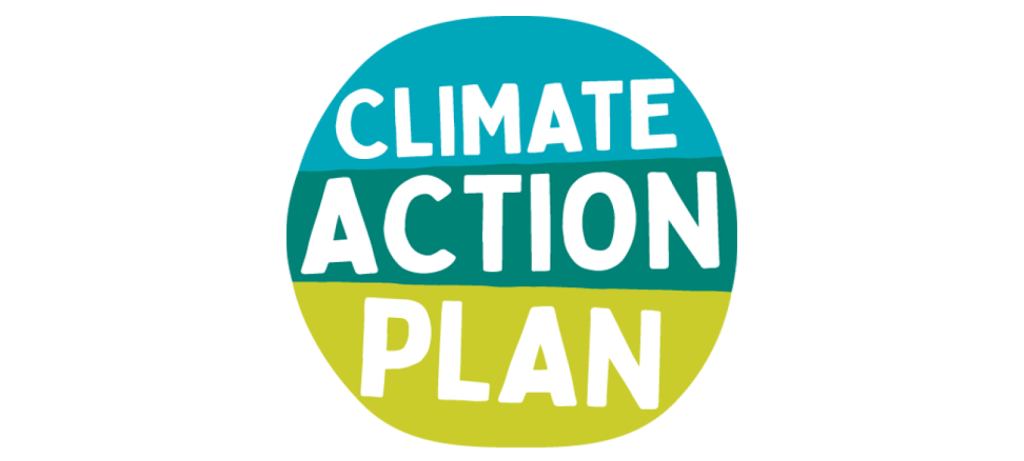The Midwest Climate Collaborative is officially tracking climate commitments! Across the Midwest, various cities, institutes of higher education, and cultural organizations have begun putting together climate action plans to decrease their own impact.
What does the spreadsheet track?
The spreadsheet tracks climate commitments on a broad scale (ex: emissions reduction goals), but also dives into whether or not a given city or higher education institution mentions any of the following factors in their climate action plans:
| Equity | Building efficiency | Building electrification | Green space & tree canopy | Decreased/zero Waste | Transportation and mobility | Renewable energy | Resiliency Measures | Community Engaement | Food | Do they have accountability measures? |
What’s unique about this?
While many cities nationwide have adopted climate action plans, other Midwestern cities must look to places of similar size, economic status, and demographics. As such, the MCC has developed this climate action plan spreadsheet to allow people to look towards other cities and universities already doing great work. Currently, the spreadsheet tracks MCC members; however, if you’d like your city to be added, please email midwestclimatecollaborative@wustl.edu.
Case Studies & More Specifics
- MCC members across the Midwest are setting ambitious and exciting goals. Across cities, the most aggressive goal is from Indianapolis. They set out to reduce their 2018 per capita citywide emissions by 62.8% by 2030, with an ultimate goal of having net-zero emissions city-wide by 2050.
- Interestingly, both the City of Carbondale and the City of Columbus have a goal to reach an emission reduction of 45% by 2030, and carbon-neutral by 2050. These cities are drastically different in their population, with Carbondale at ~21,000 residents and Columbus nearing 1,000,000. The duality here can help us to recognize that cities of all sizes and make-ups can have equally exciting goals towards addressing their emissions.
To view more on this, please view the spreadsheet and reach out to midwestclimatecollaborative@wustl.edu with any questions. We hope this may be a valuable resource!
